Indranil is a trained screenwriter and director from FTII. He is currently based out of Mumbai. He started his storytelling journey with theater before moving into the multiverse of motion pictures. His films have been screened at various national and international film festivals. His film ‘Kula’ bagged the prestigious Jury Special Award at SiGNS – The Indian Festival of Documentaries and Short Features for John Abraham National Awards, Kochi, Kerala.
As a child, what were your early influences towards cinema? Art, literature, graphics, photography?
I was born and raised in the picturesque village-town of Digboi, surrounded by a vibrant and diverse natural landscape. The town was home to a range of fascinating sights and sounds, from the charming wooden British bungalows to the sprawling oil refinery and war cemetery. I was constantly awed by the endless turquoise skies and the farmers diligently plowing the vast rice fields, while buffaloes bathed in the nearby mud. The surrounding area was dotted with tiny hillocks and teemed with a rich variety of animals, birds, insects, and snakes. The emerald tea gardens added to the lush and diverse scenery.
Digboi is known as the oil city of Assam, as it was the site of the first oil well in Asia. The town’s population comprises a mix of diverse regions, each with their own unique culture, language, rituals, and faith. However, during the 1990s, the socio-political landscape of Assam was marked by significant turmoil, leading to an atmosphere of uncertainty and unrest. The amalgamation of diverse cultures and spaces, combined with unpredictable circumstances, played a critical role in shaping my choice of genre and themes in cinema.
Growing up in a family of artists has had a profound impact on my own artistic pursuits. My father, a theater actor, director and composer, and my mother, a Hawaiian guitarist, instilled in me a deep appreciation for the creative process. Although they had slowed down their practice by the time I was born, I was an active witness to my elder sister’s pursuit of Indian classical music. I also received formal education in Fine Arts and Tabla, which provided me with my first tangible experiences in graphics and sound. Together, these were my early influences and they continue to inspire me to this day.
How did you first become interested in film direction?
While pursuing my undergraduate degree in Delhi, I initially approached cinema from the perspective of an actor. However, during my second year, I hit a rough patch, and a close friend invited me to celebrate Holi with his family in his hometown of Patna. There, he screened the film ‘Hana-Bi’ for me, and I was completely mesmerized by its magic. The evocative imagery and powerful storytelling left me breathless, and I found myself drawn into the film’s world in a way that I had never experienced before. From the stylized unpredictable cuts to the unforgettable characters, every aspect of ‘Hana-Bi’ spoke to me on a deep and profound level, transforming my relationship with cinema.
What steps did you take to train yourself?
I devised an array of exercises to strengthen different aspects of my craft at different points of time. Some of the exercises would be – to read the screenplay of a particular film and then watch it to correlate the cinematic translation from text to screen. I would watch a film without sound and listen to the sound without images to observe the sensory evocation of each of them independently. I would record sounds and create soundscapes on an editing timeline – experimenting with different possibilities of mood and narrative flow.
Have you assisted anyone? How does it help one?
Certainly! I have had the opportunity to assist the esteemed filmmaker Arunaraje on her feature film ‘Firebrand’, which has taught me many things about the craft and business of cinema that I was not aware of before. Assisting is not a requirement, but it can be an effective way to learn new skills and gain experience in the industry. However, there are also other ways to learn the fundamentals of filmmaking and produce a quality film.
How do you decide on a film subject? What are your inspirations?
My films are a construct of my memories and dreams. Most of my ideas have appeared as an inciting incident with a clear character arc and set up. For the same, I constantly like to expose my mind to different life situations. I also maintain a diary of my dreams since 2010. Dreams are surreal and free from the conscious resistance of our minds. This has served as an inspiration, especially when I want to make my scenes a little edgy.
Every kitchen at any moment is a witness, a memory and a departure from the same. The collection and arrangement of ingredients, utensils, the cut vegetables in the fridge, the rotten half eaten biriyani from a local chinese shop, the grease behind the gas stove, the broken handle of the pressure cooker, the cup of the divorced partner, the untouched cutlery set, the yogurt starter (jaman) kept alive by the daughter years after the passing of the mother and more. I intrude into kitchen spaces, volunteer to cook, only to witness these fragments of memories and emotions – they are very human and very inspiring.
Is film direction intuitive or is it something you learn?
Direction is an invisible art form. It remains very elusive in the beginning. But as one progresses, the craft becomes more and more tangible. I would say that film direction is a combination of both intuition and learning. While intuition plays a significant role in visualizing; learning and practice are necessary to develop technical skills and understand the nuances of the craft for execution. With experience and exposure to different styles and techniques, a director’s intuition also evolves and becomes more refined. So, it’s a continuous process of learning and honing one’s intuition.
You have edited many of the films you have directed. What do you feel about that?
As for editing my own films, it is something I really enjoy. Editing is the process where we arrange the units of sound and picture we have already created, in various possible combinations and distortions – to create a desired narrative and sometimes invent one. This to me is the second most intimate process in the workflow of filmmaking, after sound design. This phase remains beyond the immediate interference of other art forms, which are utilized in the making of these audio and visual units. We can purely focus on the magic of time, space and behavior – on a cinematic timeline.
Your favorite films or directors? At least two of them?
Well, the list is very very very long. But at the moment, Takeshi Kitano, Ritwik Ghatak, Guru Dutt, David Finscher, Jim Jarmusch, Sylvester Stallone, Bon Jon Ho, Kinji Fukasaku, Warner Herzog, Kabir Khan, Karan Johar, Zoya Akhtar, Prakash Jha, Jahnu Baruah, Adoor Gopalakrishnan and Sanjay Leela Bhansali are on the top of my head.
Any hurdles you have encountered in your journey?. Things that are blocks in achieving your vision while making your film.
I have lived through many places in India. The sectarian imposition of linguistic and cultural superiority as seen in all parts of India has always posed a challenge to pursue my stories, self expression and vision as a human and as a storyteller.
Do you often get all that is in your wish list or is it a hard bargain every time?
So far, it’s been a thrilling adventure and I am enjoying it.
What is in the kitty now?
Right now, there are three projects being pitched: a neo-gangster web series, a mythological documentary and a quirky thriller film.
Any advice to the aspiring directors?
Don’t make cinema an escape from your real life.
Any memorable blunders?
I was working with a first time child actor for a three day shoot. Knowing his affinity for fruity cold drinks, I had stocked up on his favorites. As it was summertime and the child had easy access to the fridge, he consumed over ten chilled drinks on the second day, without our knowledge. Consequently, he fell ill and we had to manage the third day of the shoot without him.
Your dream project?
A disintegrating portrait of an extraordinary soldier on a personal mission in the perilous forests of Arunachal Pradesh, something on the arc of Radhe from Tere Naam.
Who would you like to take out for dinner?
MS Dhoni.
What are you listening to right now?
Dj Bey – Yollu (Ali Kuru Remix) and Mother (2009, South Korea) OST.
And the most recent book?
Aristotle’s Poetics for Screenwriting by Michael Tierno.
And the most recent Movie?
The Act of Killing by Joshua Oppenheimer.
Your twitter handle?
Not active.
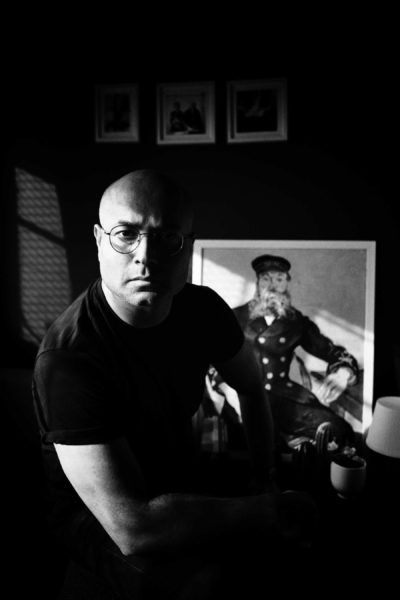
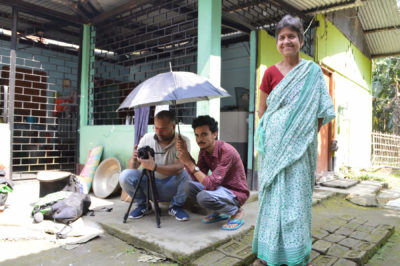
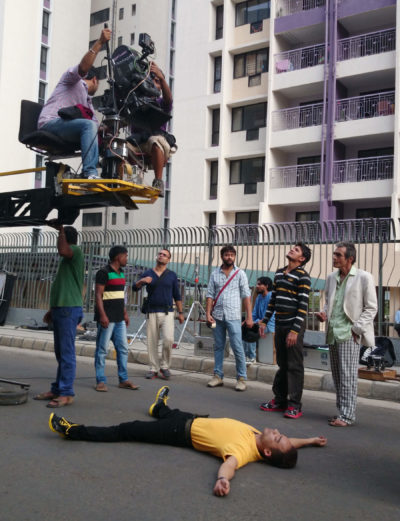
Indranil Kashyap Vimeo.

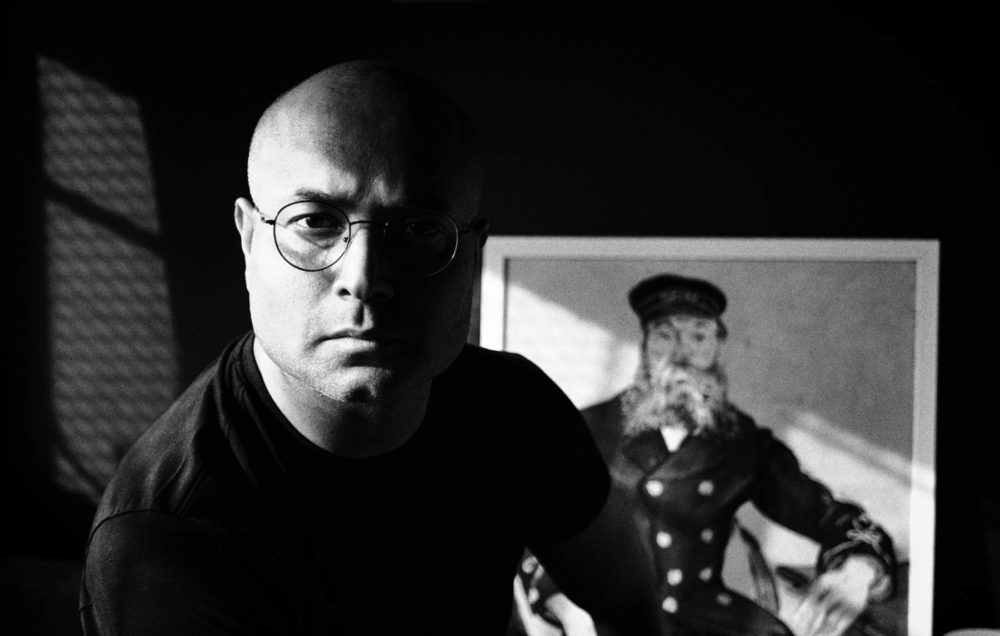
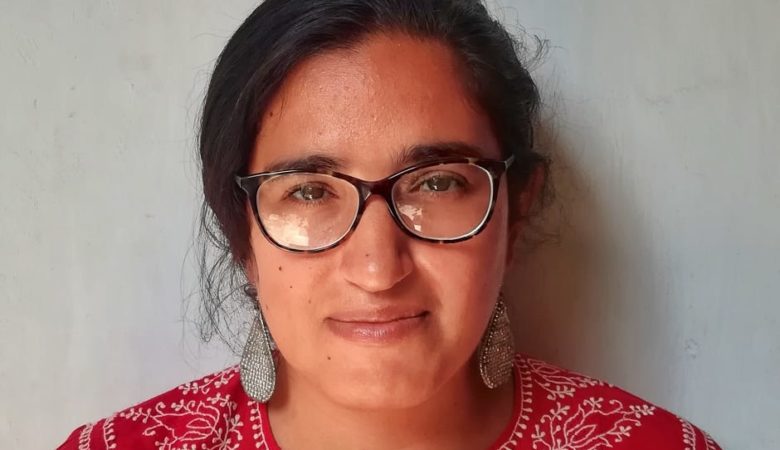
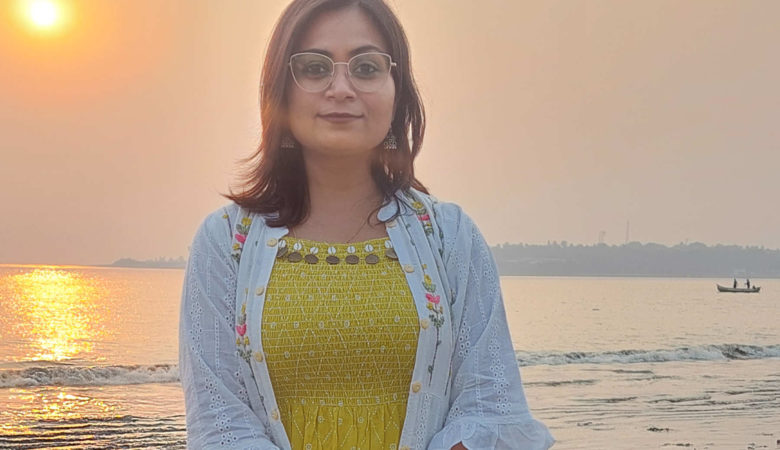
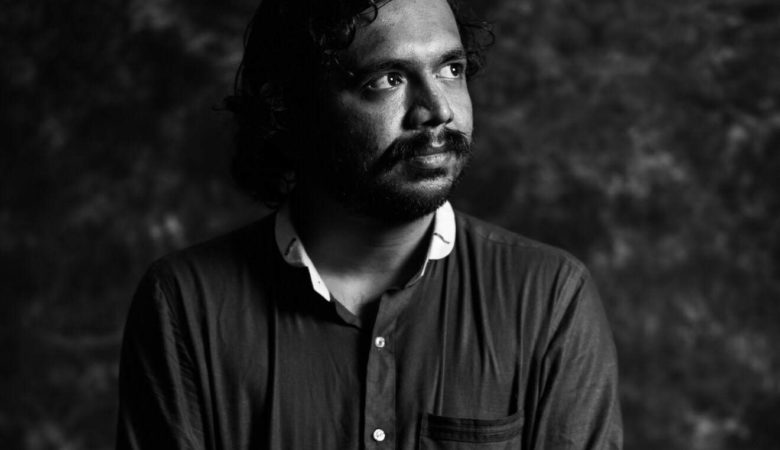




Leave a Reply